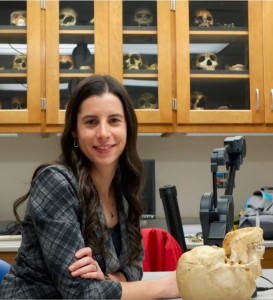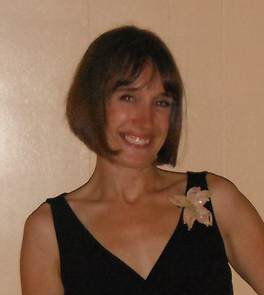The Executive Committee of the Biological Anthropology Section of the American Anthropological Association restates its commitment to the ethical and respectful treatment of human remains. We express solidarity with the joint statement from The Association of Black Anthropologists (ABA), The Society of Black Archaeologists (SBA), and The Black in Bioanthropology Collective (BiBA)1.
Recently, the Penn Museum committed to repatriate the remains of Black Philadelphians and others who were taken almost two centuries ago by Samuel Morton for racist science that constitutes the foundations of physical anthropology in the United States. Only weeks later, we learned that some remains of Africa family members murdered in the 1985 police bombing of West Philadelphia were left in the custody of Alan Mann at the Penn Museum with hope of achieving a definitive identification, transferred to Princeton University with him, and recently used by Penn curator Janet Monge as part of an online course about forensic methods. While the specific identities of these remains have been a continued matter of debate among forensic scientists, the Africa family has been clear about the harms these actions have caused (Move Press Conference).
Meaningful actions are needed to address the demands of the Africa family and our colleagues in ABA, SBA, and BiBA, and we understand that some efforts are already underway. At the same time, we recognize that these problems extend far beyond any one scientist, one institution, one city, or one discipline. We must therefore work for broad systemic change and move to disrupt and upend the historical ties between anthropology and state-sanctioned anti-Black violence. The work of Morton – along with the work of many other physical anthropologists – wrongfully provided scientific justification for chattel slavery and helped sustain post-emancipation forms of anti-Black violence to the present. This body of science helped shore up the racist systems and structures of power that made anti-Black brutality such as the MOVE bombing possible. These histories are not separate and disconnected, but interdependent.
We therefore recognize that the prolonged possession and use of the Africa family’s remains – and the forensic standards that inform these decisions – are simultaneously outcomes and continuations of systemic violence. Furthermore, just as the practices of racial science are not new, neither are critiques of it. There have been nearly two centuries of sustained Black criticism of such work2,3, with the recent calls for repatriation of the Morton collection and the MOVE remains being the latest iteration. It is critical that we acknowledge these critiques and not erase or deny long-standing efforts to make us grapple with the consequences of our science. The pain and suffering expressed by the Africa family makes clear how urgently change is needed.
We assert that the use and display of human remains obtained by violent or dubious means, retained beyond their original scope, or used for purposes other than those which descendant or stakeholder communities have explicitly allowed must end. It is incumbent upon all biological anthropologists to scrutinize our practices and those of our institutions in relation to human remains, including their use in research, teaching, and non-academic contexts. We recommend that evaluations of institutional holdings and practices involving human remains become a standard part of departmental and institutional external reviews. We must also take steps to correct any questionable, problematic, or unethical practices and develop effective institutional policies and community relations to better govern future work with human remains. However, because research on human remains does not legally constitute human subjects research in the U.S., this work is considered exempt from Institutional Review Board oversight. Anthropologists therefore need to move beyond these minimally required institutional protections. Existing bioethical frameworks can help guide these efforts, but because contemporary bioethics was designed for research involving living human subjects, these frameworks are not, by themselves, sufficient. Incorporating anti-racist ethical standards is necessary.
This is not to say that all research involving human remains must end – decolonial and anti-racist anthropology have a long history and are rapidly expanding areas of work. But our discipline is built on a foundation of bones and bodies. Let that foundation shift, crack, and unsettle as it is emptied of remains that were obtained through – and sustain – anti-Black and other forms of colonial violence. On that unsettled ground, we can work towards better relations with and for those who want to work with us, and together seek a less violent and more life-affirming future.
—
1Concerning the Possession and Unethical Use of the Remains of the Children of MOVE and the Africa Family: A Collective Statement from the Association of Black Anthropologists (ABA), the Society of Black Archaeologists (SBA), and the Black in Bioanthropology Collective (BiBA). Wednesday, April 28, 2021. http://aba.americananthro.org/
2Douglass, Frederick (1854). The Claims of the Negro, Ethnologically Considered. An address before the Literary Societies of Western Reserve College, At Commencement, July 12, 1854.
3Firmin, Anténor (1885). De l’égalité des races humaines: anthropologie positive.

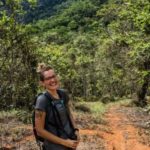

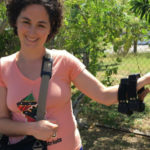
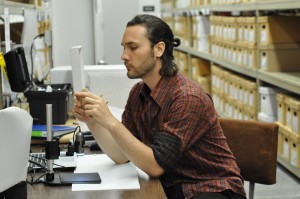

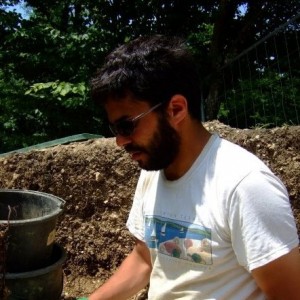 The winner of the BAS Student Paper/Poster Award for 2013 is Marc Kissel (University of Wisconsin, Madison) for his paper, “Testing Genetic Models of Human Evolutionary History against the Anthropological Record.”
The winner of the BAS Student Paper/Poster Award for 2013 is Marc Kissel (University of Wisconsin, Madison) for his paper, “Testing Genetic Models of Human Evolutionary History against the Anthropological Record.”